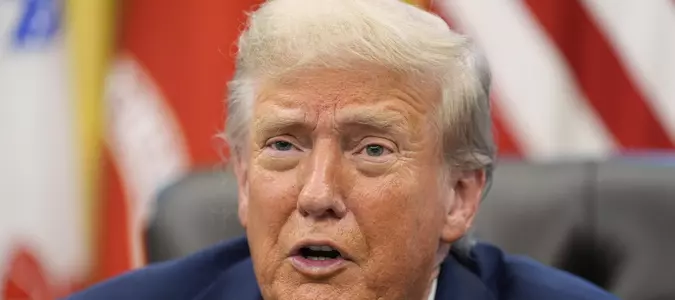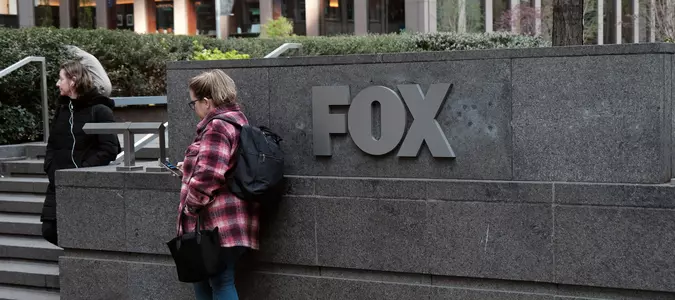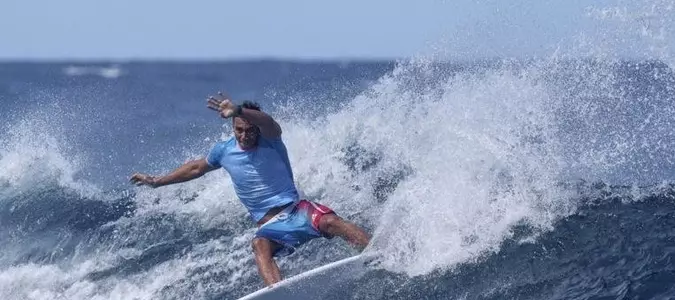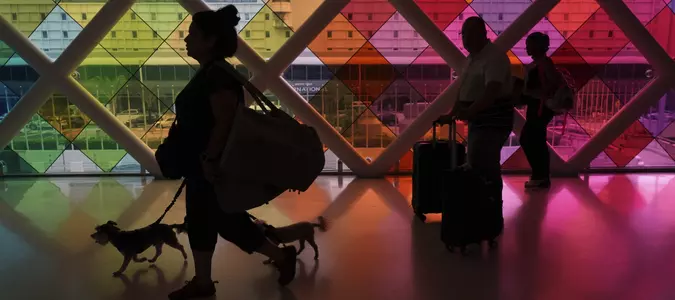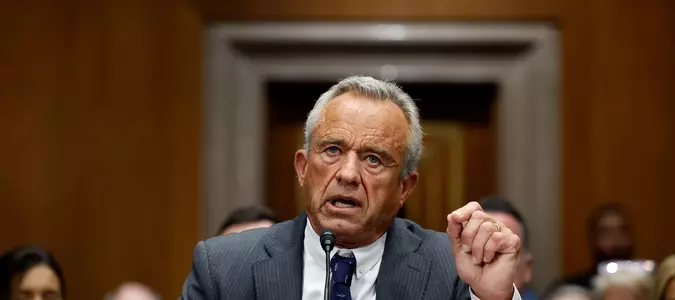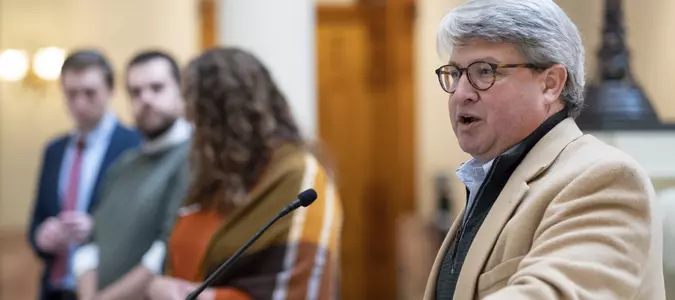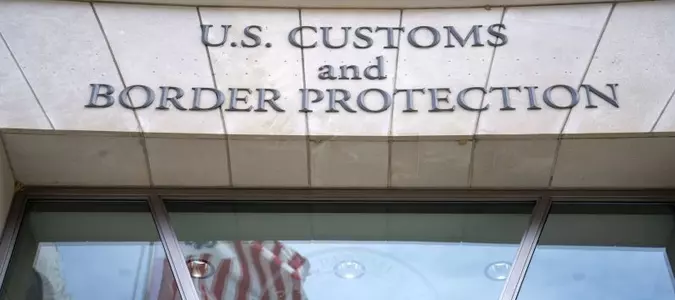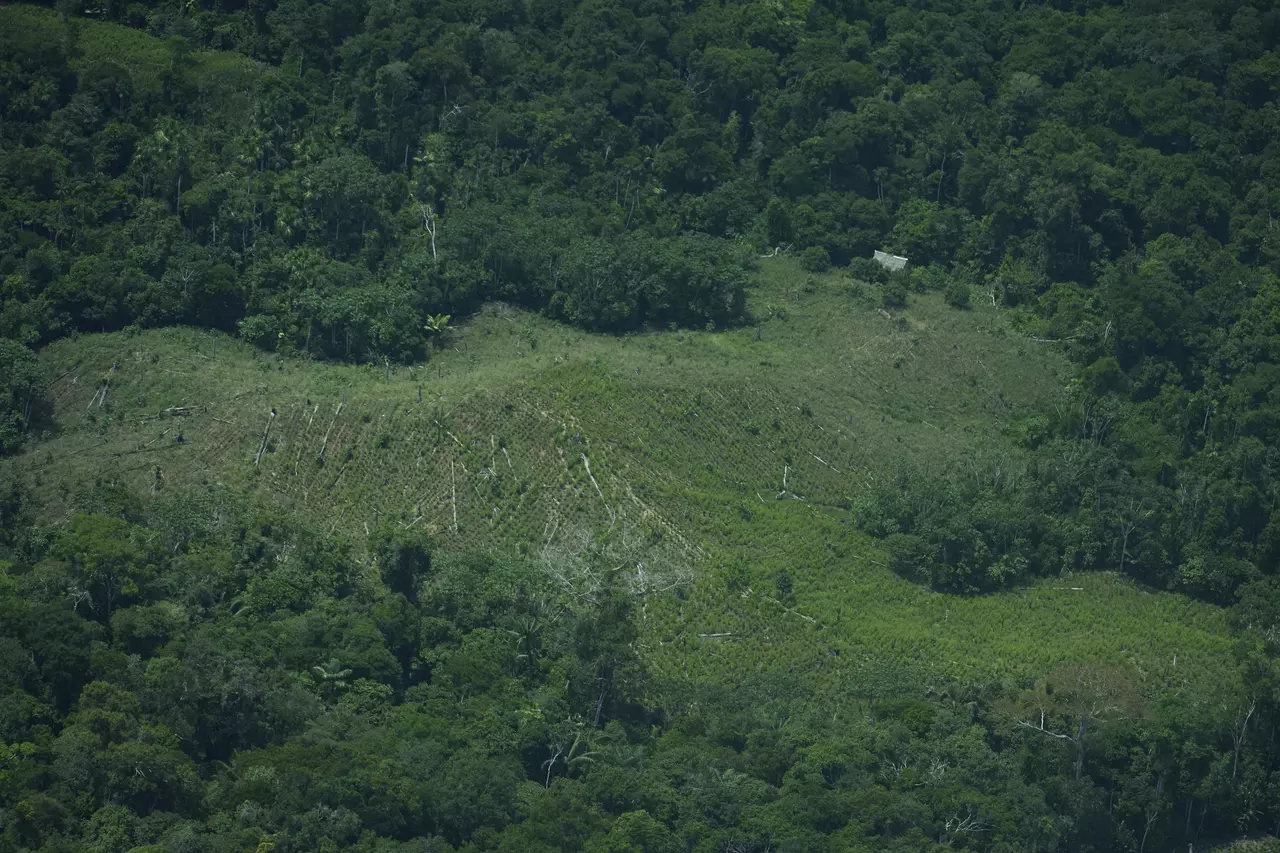

Peru rejects creation of Amazon reserve to protect uncontacted tribes, drawing Indigenous outcry
Peru’s Congress has rejected a long-delayed proposal to create the Yavari Mirim Indigenous Reserve

In this undated photo provided by the Organization of Indigenous Peoples of the Eastern Amazon, a home belonging to an uncontacted Indigenous group is visible in the Loreto region of the Peruvian Amazon. (ORPIO via AP)
BOGOTA, Colombia (AP) — Peru’s Congress rejected Friday a proposal to create a long-delayed Amazon reserve meant to protect uncontacted Indigenous tribes living in voluntary isolation along the border with Brazil.
Advocates for the reserve say the decision leaves the remote forest vulnerable to logging, mining and other incursions, and deals a setback to a plan that has languished for more than two decades despite legal obligations to establish it.
Francisco Hernández Cayetano, president of the Federation of Ticuna and Yagua Communities of the Lower Amazon, said the commission’s rejection “shows its anti-Indigenous face in the 21st century” and signals it does not care about “the environment, the water, the culture and everything as a whole.”
He told The Associated Press that without Indigenous peoples, the Amazon and its tributaries “would already have been wiped out” and called the decision “a very hard blow from our own state, which should instead protect us.” He said his group plans to conduct additional studies and take further action before resubmitting the proposal to the Ministry of Culture, adding that the years of delay have only served to “promote more bills against Indigenous peoples to strip them of their territory.”
The 1.17 million-hectare (2.9 million-acre) Yavari Mirim Indigenous Reserve — roughly the size of Jamaica — would have protected five uncontacted tribes from outside encroachment for the first time. The Matses, Matis, Korubo, Kulina-Pano and Flecheiro, also known as Tavakina, live in voluntary isolation with no sustained contact with the outside world, leaving them highly vulnerable to disease and exploitation.
Indigenous communities across Peru’s Amazon face mounting threats from illegal logging, mining, oil and gas drilling, and drug trafficking.
The proposal faced pushback from logging concession holders and regional business groups in Loreto, Peru’s largest region, located in the country’s far northeast where the reserve would be located. Some lawmakers also objected, arguing that creating the reserve would block economic development and restrict access to valuable natural resources. Supporters of these industries questioned whether there was sufficient evidence of uncontacted peoples in the area, saying the territory had been tied up for nearly two decades without final approval.
The Ministry of Culture, tasked with protecting Indigenous communities, did not immediately reply to a request for comment.
“Today’s decision is devastating for the future of Indigenous people facing grave threats not only to their health and well-being but their very survival,” said John Walsh, director for drug policy and the Andes at WOLA, a U.S.-based human rights group. “Despite its clear legal obligations, Peru’s government seems content to open the door to extractive industries to carve up the land and cast aside the rights of those who live there.”
The rejection comes during a congressional push to amend Peru’s Indigenous Peoples in Isolation law to mandate regular reviews of reserves and give lawmakers greater power to alter or scrap them. Supporters say proposals like Yavari Mirim have languished for nearly 20 years due to what they call insufficient evidence of uncontacted peoples. Indigenous groups warn the changes would erode the law and undo hard-won safeguards.
“Despite overwhelming evidence of uncontacted Indigenous peoples in the area, the vote was eight against and five in favor,” said Julio Cusurichi, who heads the program for Indigenous Peoples in Isolation and Initial Contact at AIDESEP, a national federation representing Indigenous communities in the Peruvian Amazon. “This puts the lives of these peoples in danger and shows that the government obeys extractive interests, not the rights of highly vulnerable Indigenous brothers and sisters.”
Cusurichi called the decision “a concrete violation of the rights of these peoples.”
“No economic activity in the world should be placed above the rights to life and territory of these peoples,” he said.
___
The Associated Press’ climate and environmental coverage receives financial support from multiple private foundations. AP is solely responsible for all content. Find AP’s standards for working with philanthropies, a list of supporters and funded coverage areas at AP.org.
